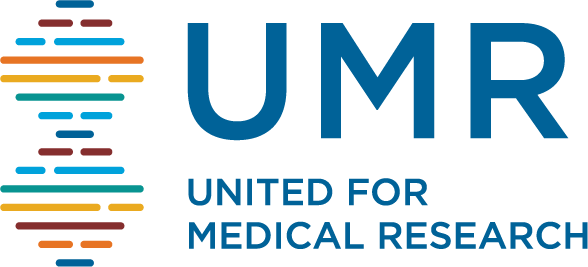June 12, 2013
New data demonstrates importance of federally sponsored research to U.S. economy
June 12, 2013 — A new Battelle study released today by United for Medical Research illustrates the genetics and genomics industry’s impact on the United States economy has reached nearly a trillion dollars. The study is based on new data collected over the previous two years, and represents an update to the highly-cited Battelle 2011 report tracking the growth of the industry and its links to the federally funded Human Genome Project (HGP).
The updated report, titled “The Impact of Genomics on the U.S. Economy,” demonstrates that the HGP and related research continue to yield significant U.S. economic growth. It showed $965 billion in impact, more than 53,000 direct genomics-related jobs and $293 billion in personal income, leveraged from a total federal research and development investment of $14.5 billion from 1988 through 2012.
The original report showed the U.S. federal government’s $3.8 billion funding of the HGP between 1988 and 2003 drove $796 billion in U.S. economic impact due to the growth of the genomics technology industry and the use of genomics in healthcare, energy, agriculture and other sectors.
“As the largest, single undertaking in the history of life sciences, the Human Genome Project has paid back extraordinary dividends on the U.S. government’s investment,” said Carrie Wolinetz, Ph.D., president of United for Medical Research. “This report illustrates the vital role that key federal research funding plays in growing the U.S. economy, creating new industries and innovative technologies and producing the diagnostics and treatments that can save lives.”
“Between 1988 and 2012, the federal government’s $14.5 billion investment in the field of genomics represents an expenditure of only $2 per year per U.S. resident, with an enormous economic and societal impact from that investment,” said Martin Grueber, research leader, Battelle and co-author, The Impact of Genomics on the U.S. Economy.
Despite the economic downturn over the last five years, the genomics industry continued to thrive. In 2012 alone, human genome sequencing projects and related research and industry activities directly and indirectly generated:
- $65 billion in U.S. economic output
- $31 billion toward 2012 U.S. Gross Domestic Product
- $19 billion in personal income
- 152 thousand jobs (direct and indirect)
“The research that has followed this work has the potential to better identify who is at greatest risk of a cancer like mine, and how to best treat it,” said Ian Lock, an osteosarcoma survivor and volunteer with the American Cancer Society Cancer Action Network.
In addition to jobs and the economy, the HGP has had a profound impact on human health. Genetics and human genome mapping have pioneered new diagnostics for epidemic level diseases impacting U.S. society, including cancer, heart disease and Alzheimer’s disease.
The 2013 report release comes a day before the unveiling of “Genome: Unlocking Life’s Code,” an Exhibit at the Smithsonian’s National Museum of Natural History (NMNH). The exhibit is a collaboration with the National Human Genome Research Institute, the National Institutes of Health and the NMNH, in commemoration of the 10th anniversary of the first complete human genome sequence mapping.

